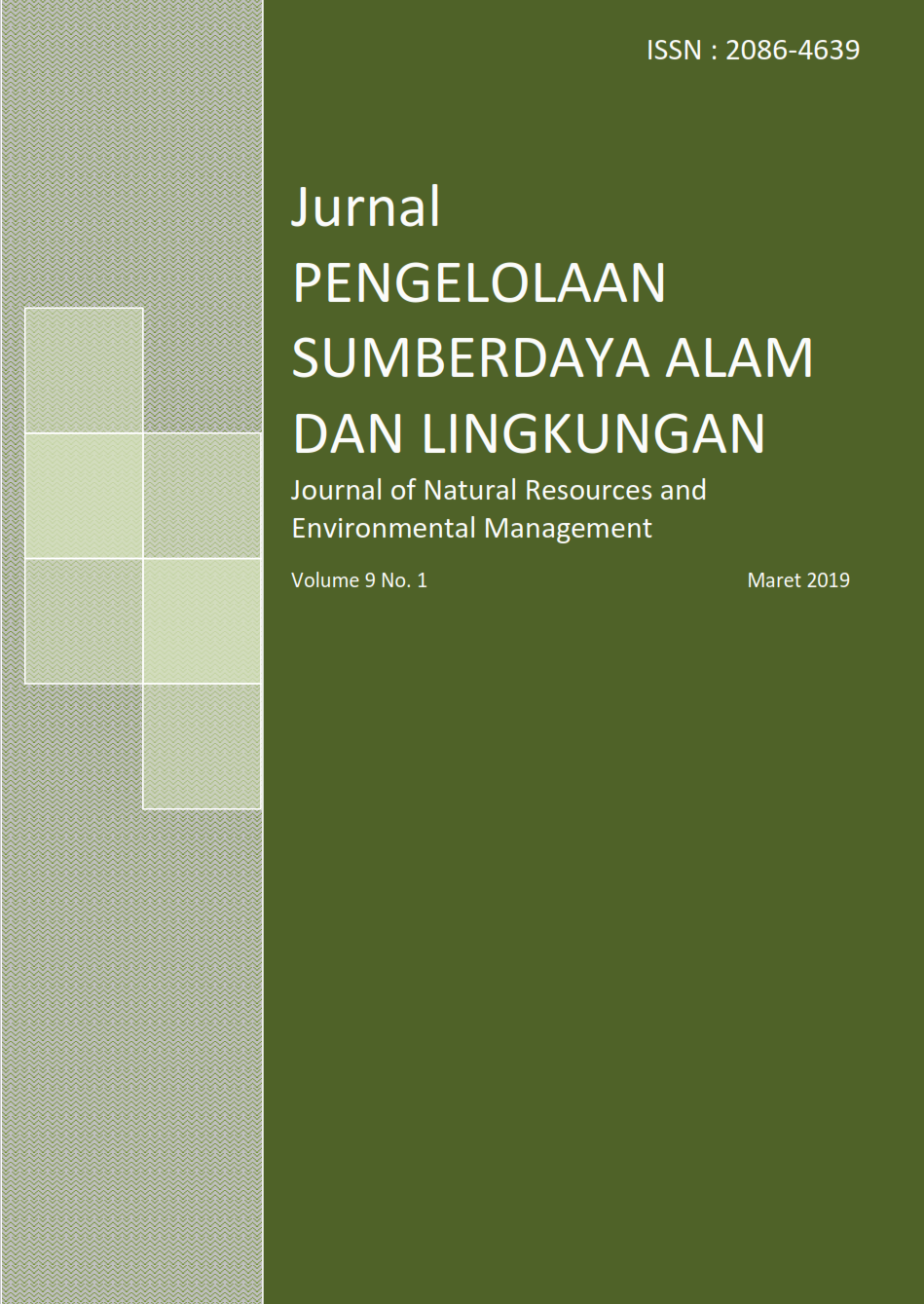Delaying Timber Harvesting Loan for Smallholder Private Forest: Who Accessing it? (Case Study: Smallholder Private Forest in Bojonegoro)
Abstract
Trees are important for rural people livelihood, because of its function as savings for urgent need. The recognition function of trees has increase by using it as collateral to access loan. The aim of this study is to discover the household and smallholder private forest characteristic that acces delaying timber harvesting loan for smallholder private forest (PTT-HR) in Bojonegoro, Indonesia as one of the loan scheme using trees as collateral initiate by Public Service Agency of Ministry of Environment and Forestry (BLU KLHK). About 170 farmers were involved in this study which is devided into two groups; debtors and non-debtors Result of this studies indicate that farmers accessing this loan are from prosperous farmer, which characterized by young aged, high education level, have the main job not as farmers, have greater household income, wider total area owned, forest relatively far from house, and do not having experience of logging. This condition also supported by the result of poverty level determination from World Bank which indicate only 27% farmer with poor condition who access this scheme. According to the perspective of formal lending institution, giving loan to prosperous farmer is not risky, but according to the program perspective this condition is less suited to poverty alleviation missions
Authors
SyamsuI. F. (2019) “Delaying Timber Harvesting Loan for Smallholder Private Forest: Who Accessing it? (Case Study: Smallholder Private Forest in Bojonegoro)”, Jurnal Pengelolaan Sumberdaya Alam dan Lingkungan (Journal of Natural Resources and Environmental Management). Bogor, ID, 9(1), pp. 114-127. doi: 10.29244/jpsl.9.1.114-127.
Authors who publish with this journal agree to the following terms:
- Authors retain copyright and grant the journal right of first publication with the work simultaneously licensed under a Creative Commons Attribution License that allows others to share the work with an acknowledgement of the work's authorship and initial publication in this journal.
- Authors are able to enter into separate, additional contractual arrangements for the non-exclusive distribution of the journal's published version of the work (e.g., post it to an institutional repository or publish it in a book), with an acknowledgement of its initial publication in this journal.
- Authors are permitted and encouraged to post their work online (e.g., in institutional repositories or on their website) prior to and during the submission process, as it can lead to productive exchanges, as well as earlier and greater citation of published work (See The Effect of Open Access).





